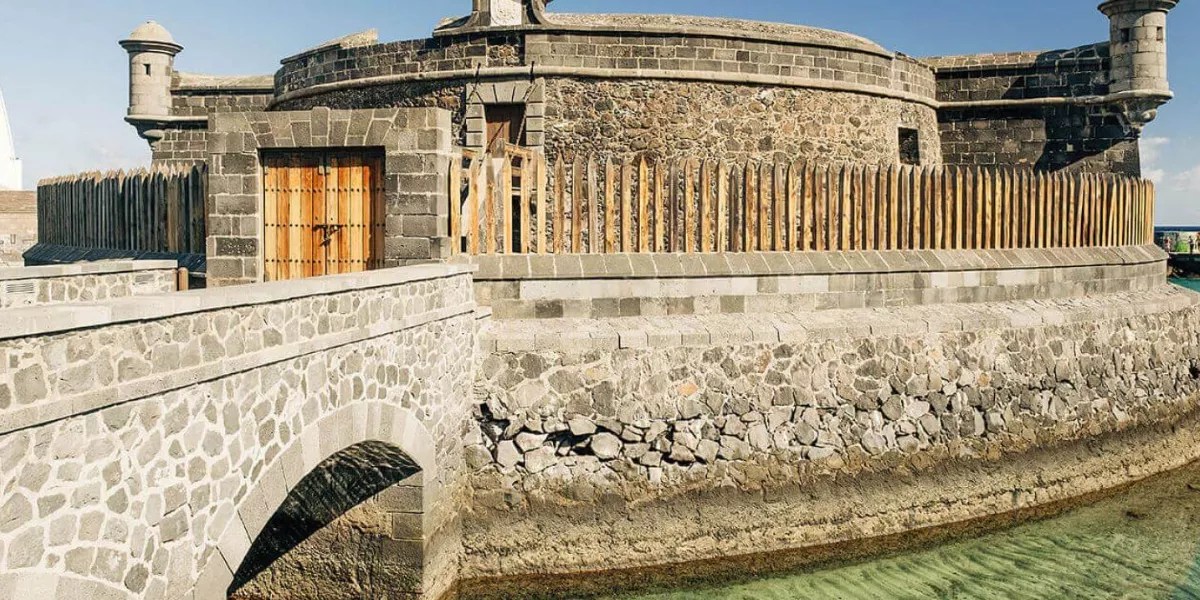
SANTA CRUZ DE TENERIFE, 3 Jan. (EUROPA PRESS) –
Cáritas Diocesana de Tenerife has denounced the death of six homeless people (five men and one woman) who were cared for by the technical team of the Mobile Street Service Units (UMAC) project on the island of La Palma.
Through a statement, Cáritas Diocesana de Tenerife has indicated that, as it has reiterated in recent years with various public complaints and as the two studies on Extreme Residential Exclusion prepared by the Institution show, there is an urgent need to make this serious problem visible to the lack of responses from public administrations, which, according to Cáritas, do not sufficiently protect the homeless.
The Mobile Street Care Unit has been carrying out its functions in La Palma since the end of 2017, where it initially defended a diagnosis on the group of homelessness on the Island, allowing demonstration and intervention since then with nearly 200 cases located and mostly accompanied by humanitarian and technically by the project team, with the aim of approaching this group, favoring their processes of social integration or minimizing damage.
Since then, Cáritas Diocesana de Tenerife has two day services for homeless people, one in Santa Cruz de La Palma and another in Los Llanos de Aridane, which are used daily by between 15 and 25 people in exclusion extreme residential.
Specifically, last year the UMAC project assisted a total of 179 people in a situation of homelessness according to the ETHOS scale (homeless and inadequate housing). Among them were the six deceased people (five men and one woman), several of whom had health problems and were in a situation of extreme vulnerability.
Within the attention carried out by the UMAC in La Palma, in recent years two areas with the highest density of cases have been identified, subject to the existence of a higher population density and a centralization of resources on the Island, such as They are Santa Cruz de La Palma, with 33% of the cases; and Los Llanos de Aridane, with 22% of people served.
However, after the pandemic and the volcanic eruption of September 2021, not only has the number of cases increased, but the municipality of Los Llanos de Aridane has positioned itself as the one with the highest density of people in this group cared for by Cáritas, representing 32.4% of the total (58 cases) on the island, ahead of Santa Cruz de La Palma (54 cases).
In its latest report on Extreme Residential Exclusion, published last July, Cáritas Diocesana de Tenerife notes that situations of extreme residential exclusion continue to grow in the province, with almost 1,000 more people than last year (2,738) on the island alone from Tenerife.
42.8% of the cases (1,173 people) are a direct consequence of the crisis caused by COVID19, while 56.2% (1,565 people) were already in this situation before. Thus, a chronification of these situations is observed, representing 62.9%, people who have been in extreme residential exclusion for more than a year and 32.5%, those who have been living for at least three years.
This report shows that people in situations of extreme residential exclusion are denied the exercise of their citizenship and are deprived of access to many of their basic rights, such as health care, housing, social protection, registration or participation local.
REAL PUBLIC POLICIES.
For this reason, from Cáritas they continue to demand the implementation of real public policies for access to decent housing for all citizens, prioritizing the most vulnerable groups.
Along these lines, the Institution proposes a series of measures at the regional and local level, including incorporating specific measures into municipal emergency plans to act and protect the group of homeless people in the face of weather adversities, either due to rain, wind or extreme heat, as well as health crises, landslides, fires, etc.
Finally, Cáritas Diocesana de Tenerife recalls that housing is a necessary Human Right to preserve the dignity of all people. “The circumstances that have arisen as a result of the global pandemic caused by Covid-19 have relocated us to a new historical map, in which a much more fragile and vulnerable society emerges, bringing to light the reality of many people in a situation of exclusion. extreme residential surviving in places that are not very healthy and dignified”, they point out from the Institution.















